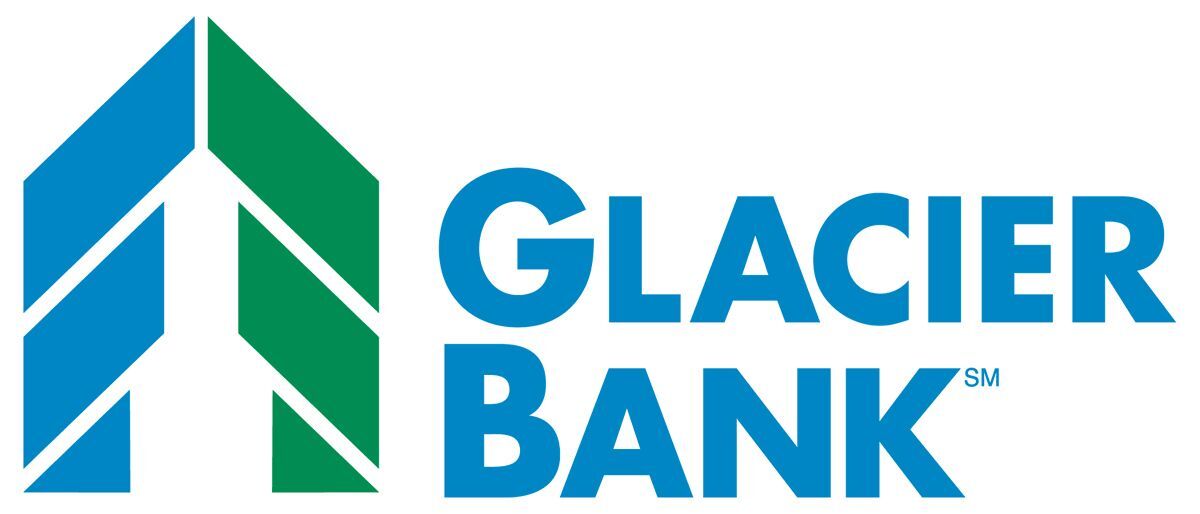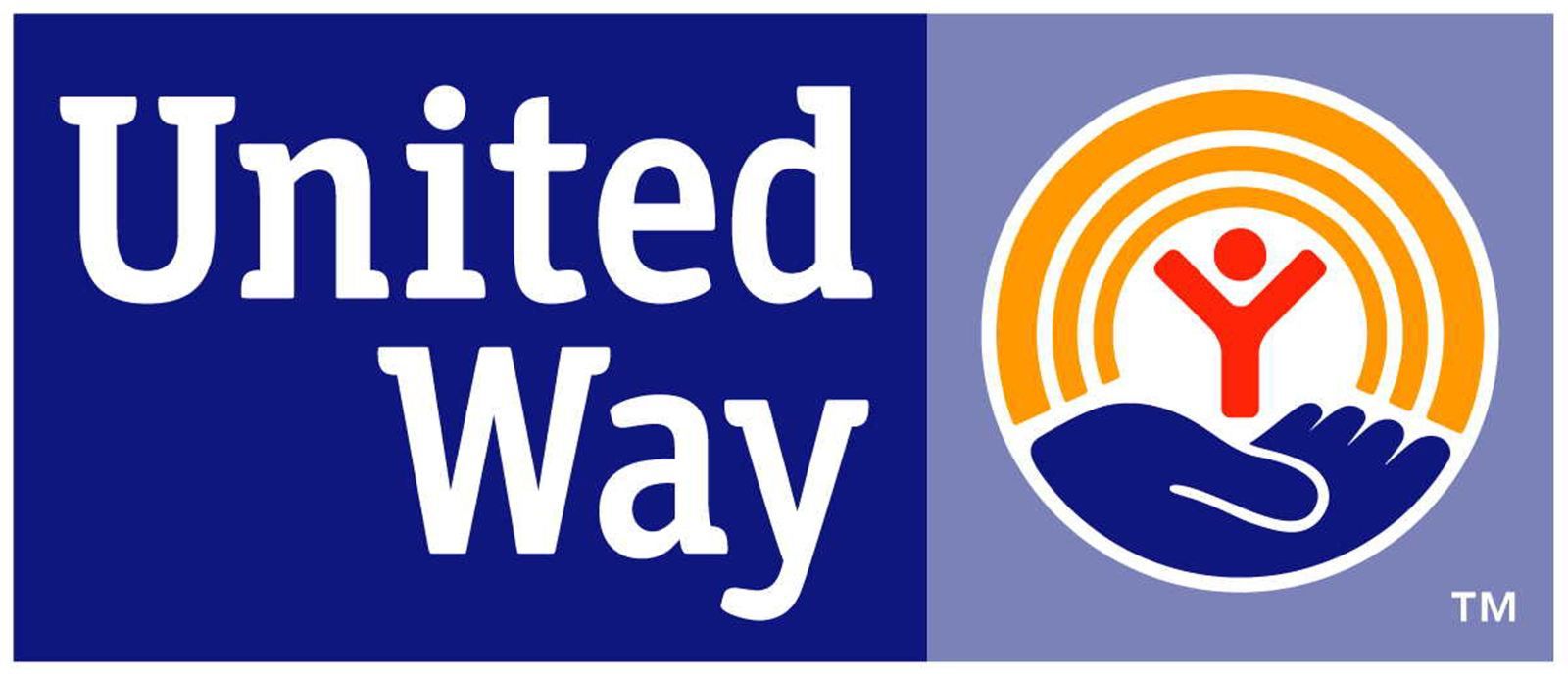I became a CASA in the fall of 2013. I was retired, and searching for something to do in my spare time that would be meaningful. I had been raised in a loving and encouraging family, and was taught to use any gifts, skills or time that I had to help others. So when I heard about the CASA program it seemed like it would be a good fit for me.
Studies show that children can overcome adverse situations if there is a caring adult in their lives. CASA volunteers are often that person as the child's life situations change. After your training, you are assigned a case when children have been removed from their home, away from their parents and often times any familiar surroundings. It is a time of trauma and turmoil for them. Your role is to be a constant, familiar person in their lives, who is advocating for the best outcome for them. It is an enormous role of responsibility, often frustrating, but in the end highly satisfying. You have made a difference in a child's life.
To be a good CASA you have to be committed to stay with the case for as long as it lasts. The average time is two years, but it can go longer. You have to have persistence and a professional demeanor. You have to keep confidential information to yourself. And most importantly, you have to be compassionate. Not just for the children, but for the families who are missing their children, and the foster families who have taken these children into their homes. Not everyone can handle the role of a CASA. But if you become one, you will not regret the work that you give to the children. You are making a difference!




























